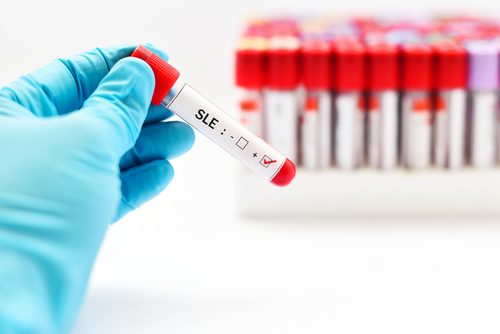Juvenile-onset Lupus Patients Fare Worse as Adults, Study Says
Written by |

Those who develop lupus as youngsters have more severe symptoms and a higher chance of an earlier death, according to a new study.
The study in the British journal Lupus suggests that since patients with juvenile-onset systemic lupus erythematosus (JSLE) constitute a high-risk group, doctors need to devote extra attention to their care.
The study compared symptoms and mortality ratios of 924 adults with lupus. Of those, 413 developed the disease as children while 511 were adult-onset (SLE) patients. A mortality ratio is based on when patients die compared to when they might be expected to die without a disorder.
The researchers found arthritis development is more common with advancing age, while kidney disease, spot baldness and mouth ulcers were more common in younger patients. The team also found SLE patients were less likely to develop neuropsychiatric lupus.
In addition, the authors reported abnormally low levels of lymphocytes, or white blood cells, in older patients, whereas JSLE patients had deficiencies of red-blood-cell platelets and anemia.
Overall, the mortality ratio of adult lupus patients has been declining for several decades. It is still much higher than the mortality ratio of the general population, however.
Importantly, the study showed that those who develop lupus as children had a much higher mortality ratio than those who develop it as adults — 18.3 versus 3.1.
SLE is an autoimmune disease that can affect several organs. It occurs most frequently in women of childbearing age, although initial symptoms can surface anywhere from infancy to old age.
Although the connection between the age when people develop lupus and their symptoms as an adult is unclear, some studies have shown that JSLE patients have a higher prevalence of kidney diseases and blood disorders. Most research has shown conflicting results about age and symptoms, however.
The study, “Differences in disease phenotype and severity in SLE across age groups,” was based on information about two large cohorts: the United Kingdom JSLE Cohort Study and the University College London Hospital cohort.
The researchers hoped to shed light on the impact that age can have on the manifestations of lupus in adults.
“These data confirm an aggressive phenotype (form) of disease in patients with onset of SLE in childhood and adolescence and supports the need for intensive follow-up and therapy in this population,” the authors wrote.




